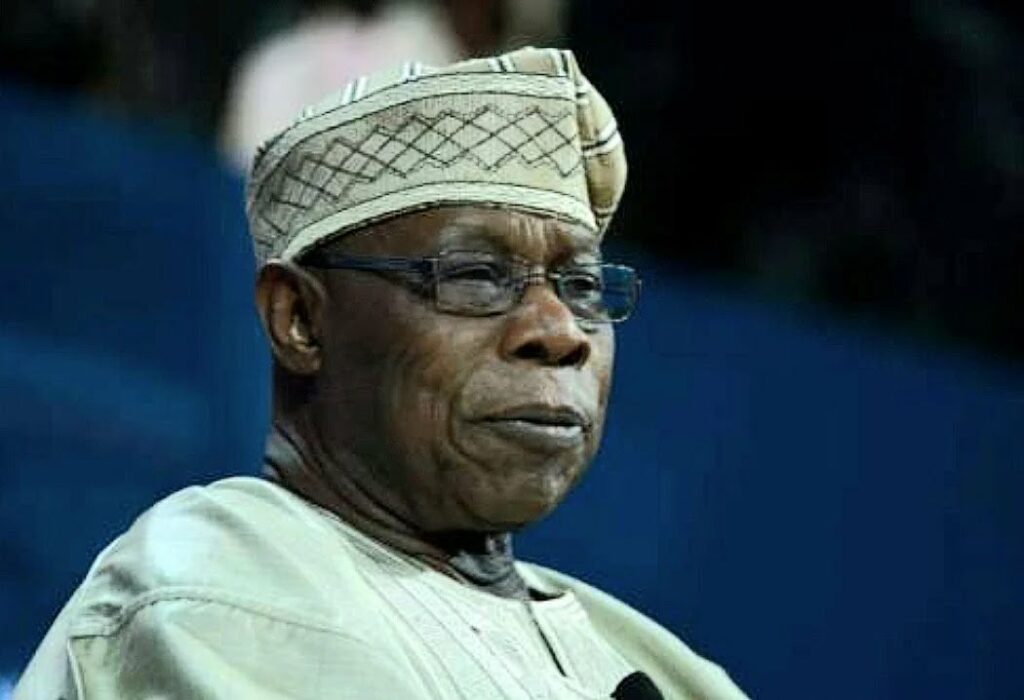- He lamented the massive debt successive government has plunged Nigeria into despite leaving behind a healthy and bouyant reserve when he left office in 2027
Former Nigerian President, Olusegun Obasanjo has expressed his revulsion at the manner Nigeria’s finances have been managed since he left office.
He lamented the massive debt successive governments have plunged Nigeria into despite leaving behind a healthy and bouyant reserve when he left office in 2027.
He disclosed that about $70 billion, including a $45 billion reserve and $25 billion in a designated “excess crude” account he left behind has been squandered.
The former President made this known on Thursday in an exclusive interview with Kayode Akintemi of News Central Television.
Obasanjo, who bemoaned the poor quality of leadership in the country, said his government met a debt overhang of close to $36 billion but reduced it to about $3.5 to $3.6 billion before leaving office in 2007.
He said: “I came in 1999 and met $3.7 billion in the reserve. And I have told you, we were spending $3.5 billion to service the debts. That’s what we had.
“By the time we left eight years later, with debt relief, when I came in, we had a debt overhang of close to $36 billion. By the time I left, with the debt relief and clearing what we had to clear, the quantum of debt that I left was about $3.5 to $3.6 billion from over or around $36 billion.
“At the same time, the reserve that was $3.7 billion when I came in went to $45 billion. At the same time, we had what we called “Excess crude”, which is what is in excess of what we budget and what we actually sell the crude. Normally, we are conservative in budgeting, we call it “Excess crude”. So, we had in it about $25 billion. When you add that to the reserve, we are talking about $70 billion.
“Now, the point is that I left in 2007. Today between 2007 and 2024, all that amount of money has gone; all of it. Not only that, but all the money they made all that period had gone. And today, we owe more than we owe when we came to government in 1999.”
